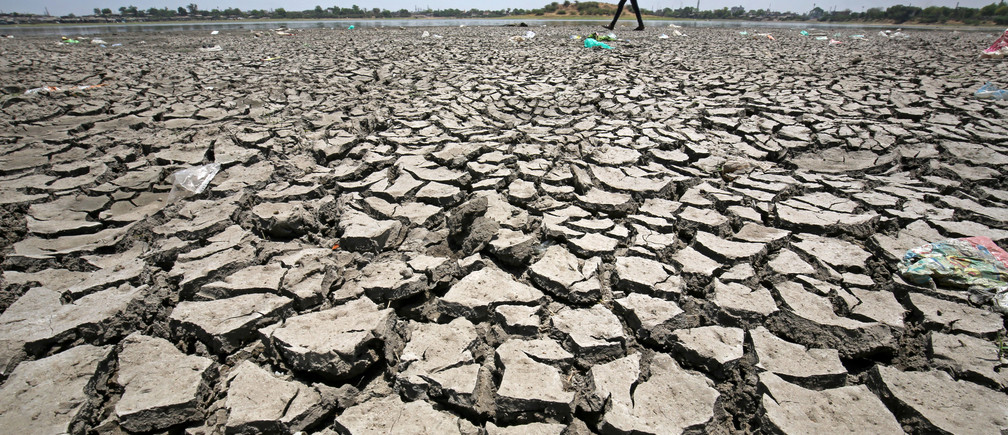by Gemma MacIntyre

In recent decades, climate change has been recognised as an important international concern. Scientists and leaders worldwide agree that the pressure of increased temperatures on crop yields, natural capital, and water availability – and subsequent demand for already dwindling resources – is undoubtedly of detriment to global populations. In a recent IPCC report, it was concluded that a predicted 1.5-degree celsius of global warming could significantly impede efforts to achieve sustainable development goals: pushing more people into poverty, exacerbating inter-group equalities, and wreaking global economic disruption. Such acute warnings from scientists, combined with mounting pressure from environmental activists worldwide, has prompted multilateral efforts to curb carbon emissions.
As states have become more aware of the impact of climate change, so too have they come to analyse it from different perspectives. In doing so, an important consensus has emerged: that climate change is not merely an environmental concern; it is a human security challenge too, with the potential to aggravate societal grievances. Further, the impact of increased temperatures on already scarce resources, migration movements, and food security may affect both intra- and inter-state relations: with the capacity to fuel further conflict.
Still, the direct impacts of climate on international conflict and security remain somewhat hazy; and policies to address it, scarce. This is partially due to the empirical difficulties of measuring climate’s impact on violence. Associating casualties with conflict is, at the best of times, challenging: let alone when those causal factors – including changing temperatures, rising sea levels, and depletion of resources – are intangible. Further, while drought and extreme temperatures have undoubtedly exacerbated poverty and forced displacement in regions such as Syria, Sudan, and Bangladesh; in a knotted web of additional political, social, and economic grievances, isolating climate as a cause of conflict is difficult to ascertain.
With that being said, while the empirical evidence remains uncertain, it is critical to treat climate change as not merely an environmental or economic concern, but as an international security issue, as well. To analyse this idea in greater depth, this series aims to form a discussion about the relationship between climate change and conflict. By outlining the impact of climate change on issues including terrorism, migration, and civil strife; this series aims to demonstrate the multifaceted nature of climate change as an international security challenge. It is hoped that, by doing so, it will emphasise the relevance of climate change to contemporary conflict studies, and national security policy more widely.
Publication schedule
Part I: Why Has Somalia Proved a Fertile Environment for the Rise of Al Shabaab? The Impacts of Climate Change on the Rise of Islamist Terror by Annabelle Green
Part II: Climate Change and Social Conflict by Professor Anatol Lieven
Part III: Slow Violence: Climate Refugees and the Legal Lacuna of Protection by Ellie Judd
Part IV: Water Conflicts: Climate Change as a Threat Multiplier in Sub-Saharan Africa by Musab Alnour
Gemma graduated from the University of St Andrews in International Relations and Management and is now studying an MA in Conflict, Security and Development at King’s College London. During her undergraduate degree, she studied a range of post-conflict cases, with a particular focus on intractable conflicts such as Israel-Palestine and Bosnia. Through her academic studies and voluntary experience with VSO in Nigeria, Gemma has developed a strong interest in the relationship between corruption and development. Her experience with VSO Nigeria furthered this interest, as she was made aware of the acute impacts of governance on public services, such as health and education. She hopes to pursue further research on the impact of conflict on health security.
The post Strife Series on Climate Change and Conflict – Introduction appeared first on Strife.